MADE TO LAST
PEOPLE. PLANET. NOW. ALWAYS.
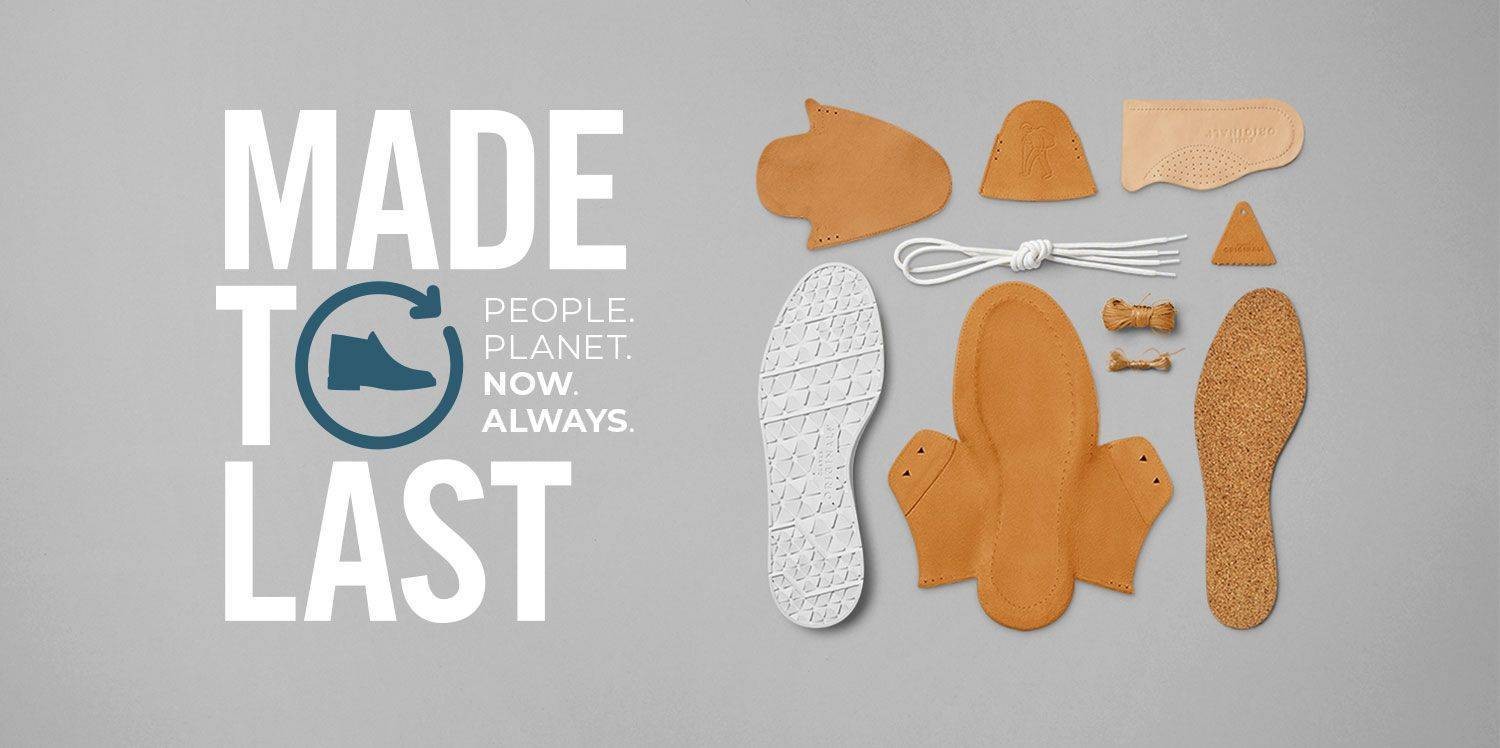
SUSTAINABILITY - OUR MISSION
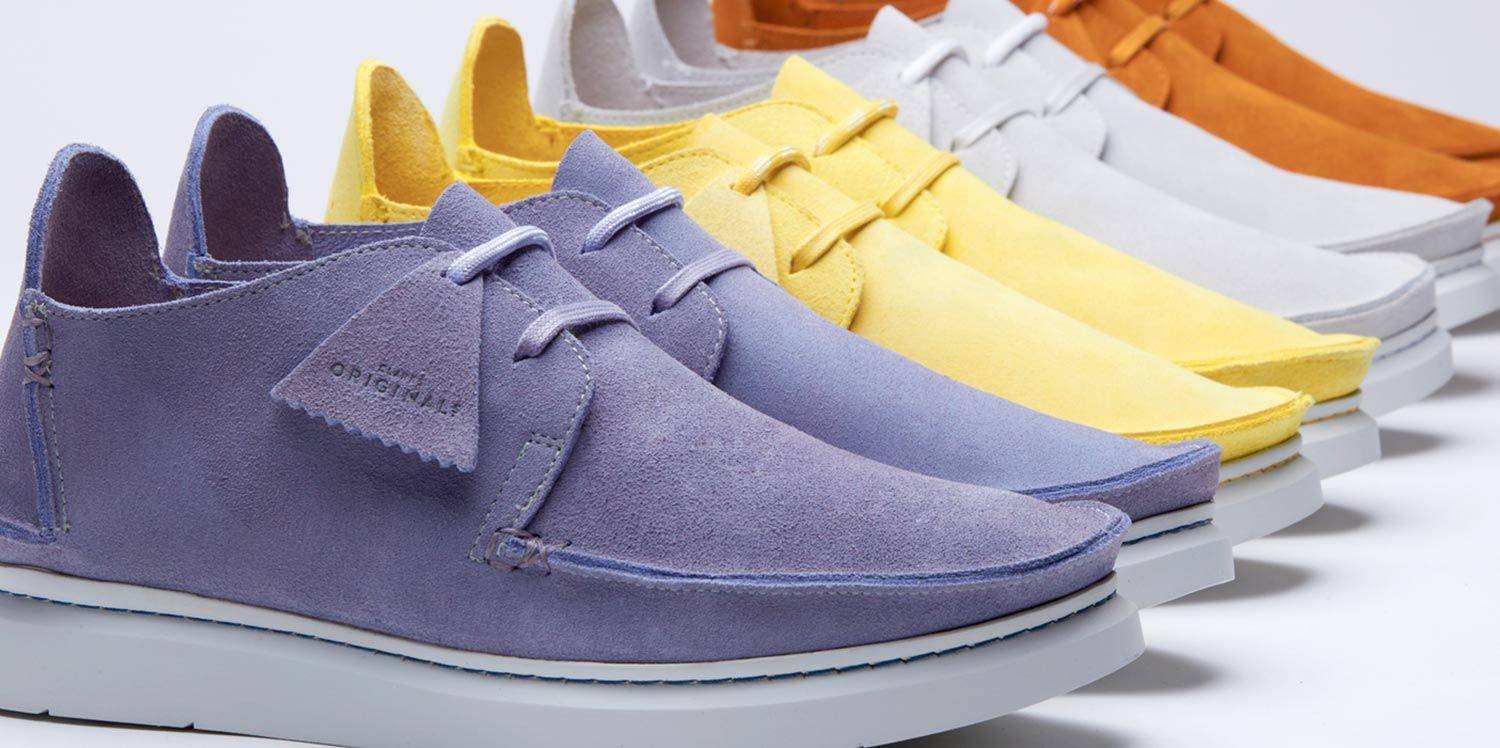
Shoes. They form our strongest, most intimate connection to the earth beneath our feet. This unique link is reflected in the care and passion we put into every pair we make, but we know that alone is no longer enough. We must do more – more to make a difference and ensure that people everywhere are able to enjoy this special connection for generations to come.
That’s why we’re doing everything in our power to be as sustainable, conscientious and responsible as possible.
It’s why we’re evolving our model, adopting a circular approach to shoemaking and dedicating ourselves to supporting communities all across the globe. No compromises. Because by lightening our footprint and closing the loop of our manufacturing process we can do more – more for our planet and more for every person that calls it home.
SUSTAINABILITY - OUR MISSION
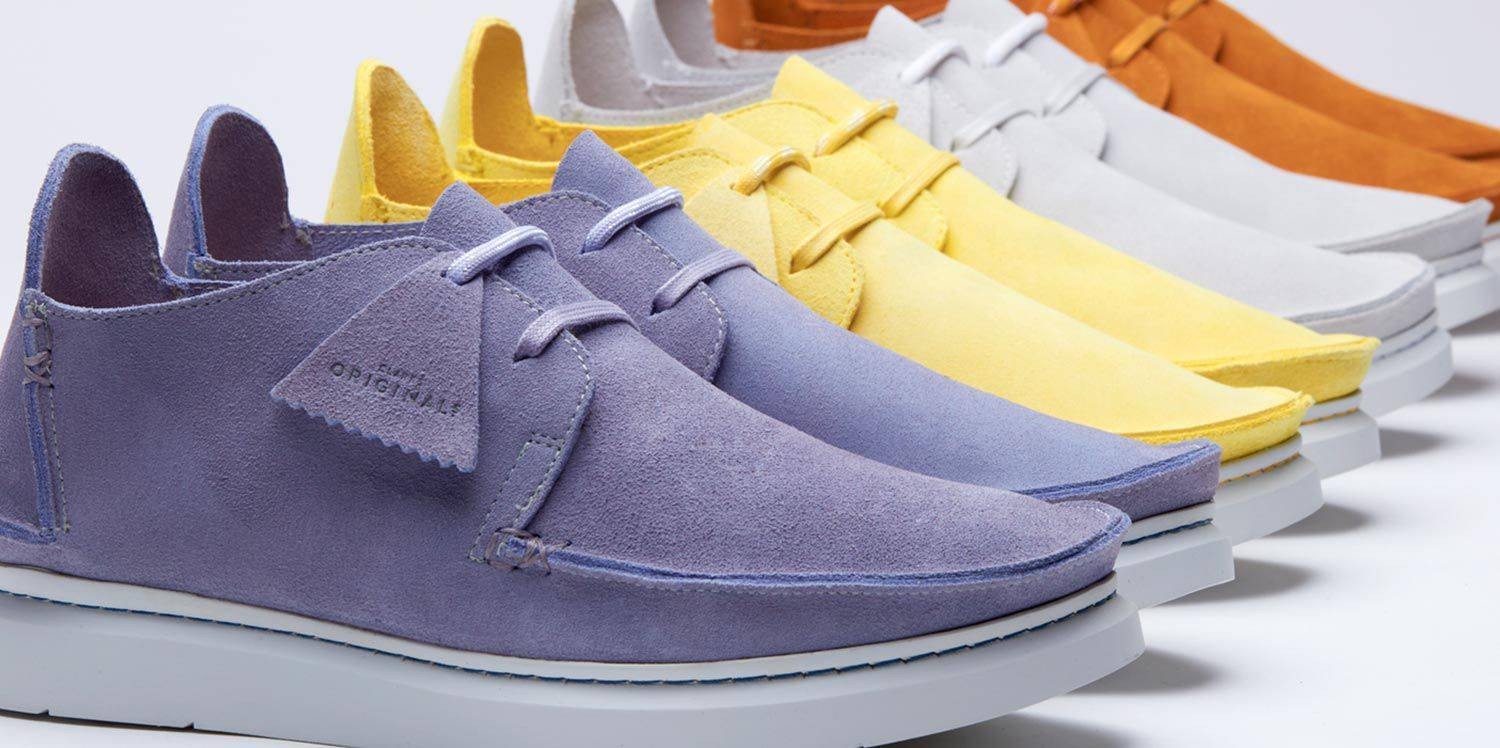
Shoes. They form our strongest, most intimate connection to the earth beneath our feet. This unique link is reflected in the care and passion we put into every pair we make, but we know that alone is no longer enough. We must do more – more to make a difference and ensure that people everywhere are able to enjoy this special connection for generations to come.
That’s why we’re doing everything in our power to be as sustainable, conscientious and responsible as possible.
It’s why we’re evolving our model, adopting a circular approach to shoemaking and dedicating ourselves to supporting communities all across the globe. No compromises. Because by lightening our footprint and closing the loop of our manufacturing process we can do more – more for our planet and more for every person that calls it home.
DISCOVER OUR LATEST SUSTAINABILITY STORIES
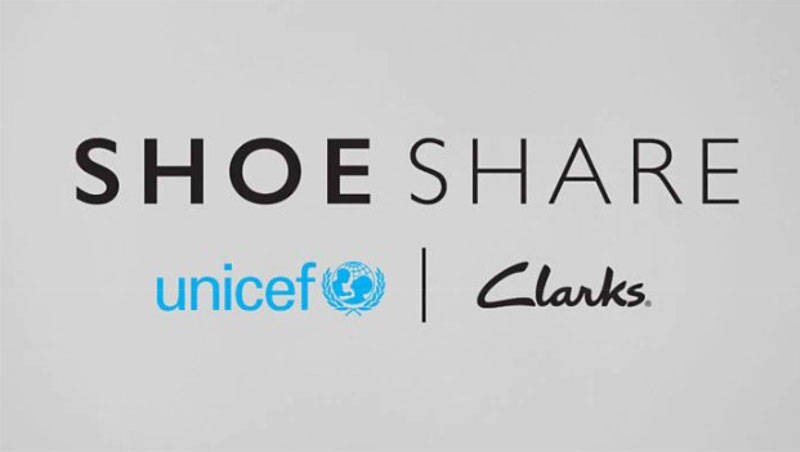
SHOE SHARE - UNICEF | CLARKS
Since 2008, we’ve been working closely with UNICEF to support the education of vulnerable children by raising money through a unique shoe donation scheme ... Read more about UNICEF shoe share
24/09/19
One of the world’s leading charities, UNICEF are responsible for feeding, vaccinating, educating and protecting more children than any other organisation. By working with families, local communities, partners and governments in more than 190 countries, their aim is to help every child realise their full potential.
We’re proud to have been working with UNICEF since 2008, supporting their quest to educate vulnerable children everywhere by raising money through ShoeShare, an innovative donation programme that rehomes old or unwanted shoes.
Since we started, we’ve been able to rehome over 1800 tonnes of shoes (or approximately 2 million pairs) and donate over £1.5million to help vulnerable children.
Things don’t show any sign of slowing down either, and in 2018 alone we collected nearly 190 tonnes of shoes, which means over 200,000 pairs of shoes were diverted from landfill and donated to a great cause.
You can join us in helping UNICEF to reach even more kids in danger by donating your old or unwanted shoes at one of 500 Clarks stores around the UK. Your shoes will help to change children’s lives by buying equipment such as the ‘School in a Box’ – a transformational educational aid that turns any space into a learning area with enough resources to teach 40 children, providing them with the opportunity to learn, no matter where they are or what disaster has struck them
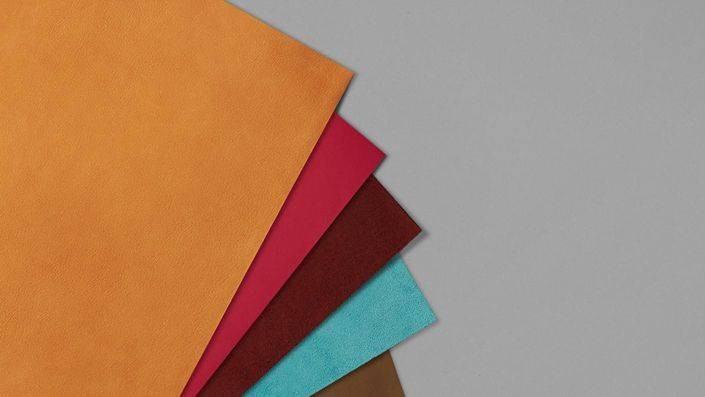
Going for gold
Ever since we were began crafting shoes back in 1825, we’ve been determined to use materials that we believe in. Which is why we’re proud to say that we’re... Read more about responsibly sourced leather founder members of the Leather Working Group (LWG).
24/09/19
A collective dedicated to promoting sustainable and appropriate environmental business practices within the leather industry, the LWG works with suppliers, brands, retailers, leading technical experts, Non-Governmental Organisations (such as the WWF), academic institutions and other stakeholder organisations to ensure that tanners across the world are assessed against a common set of standards, regardless of region.
Because of their great work over 90% of all our leather is now sourced from tanneries given a Bronze, Silver or Gold Medal rating.
This means that the tanneries have been proactively reducing their environmental footprint by integrating renewables, decreasing their energy and water use, finding new markets for waste products and improving their traceability.
A great example of this is the tannery Prime Asia whose leather we use widely:
“Prime Asia are longstanding members of the LWG and are strong advocates of improving environmental business practices within the leather industry. Participating in the LWG from the outset has assisted us to monitor and improve our own environmental footprint, and to invest in programmes such as renewable energy, water recycling and efficiencies. We are proud to have achieved Gold and Silver medal ratings for our tanneries and are working proactively to reduce our footprint even further, setting targets to increase our use of renewable energy to 75% by 2023 and to steadily decrease our consumption per square foot of leather manufactured by 15% for energy and 30% for water and waste.”
Committing to responsibly sourcing materials is just one of the ways in which we’re fulfilling our aim of becoming as sustainable, conscientious and responsible as possible. You can find out what else we’re doing to lighten our impact below.
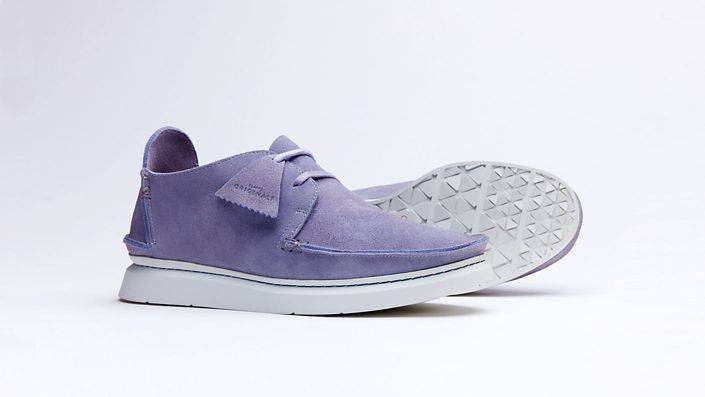
A new icon for sustainability
We’ve been making shoes for nearly 200 years, but we’re still driven by the same relentless pursuit of innovation we had when we crafted our first slippers from sheepskin offcuts all those years ago... Read more about Seven
24/09/19
That’s why, when we embarked on a journey to create a shoe that redefines comfort, we wanted to combine progressive, simple design with inventive construction techniques rooted in our sustainable heritage.
A unique challenge, we thought it deserved a unique approach, so we began by removing every single
component we deemed unnecessary. The result? The Seven. While most traditional shoes are made with upwards of 16 components, our full moccasin construction uses
just seven, with the seams and outsole naturally forming the shape of the shoe for superior bare foot comfort.
Constructed from unlined suede, the Seven doesn’t just use fewer components, it also uses minimal glue
meaning fewer chemicals, while at least 20% of the rubber outsole is made from a unique recycled mixture of regrind and waste latex. A fusion of craft, ingenuity and unconstrained contemporary design that eliminates the unnecessary, the
Seven is just one step on our path to reducing waste, as we strive to do more for our planet and all those that call it home.
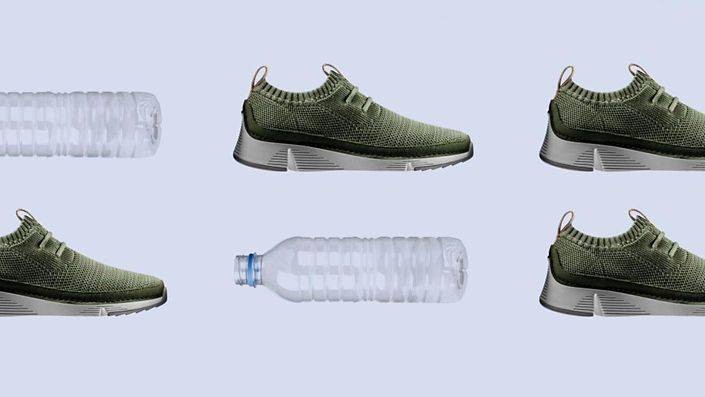
Movement made naturally
Our Trigenic technology optimises the natural movement of your foot through technical innovation and responsive cushioning. So, it’s only natural that we make them using innovative... Read more about the Tri Native and more sustainable methods.
24/09/19
Made to move you, our Trigenic range combines targeted flex points and ultra-light EVA outsoles with grip pods to take movement to a whole new level.
But we weren’t happy simply fusing cutting-edge technology with expert craftsmanship and a classic moccasin construction. That’s why we decided to make the Tri Native uppers from 80% recycled materials.
By utilising a similar process to the one we used to create our "ingenious kids gym bag, we’re now able to reuse post-consumer plastic waste, shredding it, melting it and then spinning it into yarn. The result? More plastic diverted from our ecosystem. By replacing just one of the materials in our collection with a recycled option, we estimate we’ve prevented over 1 million bottles entering landfill.
The yarn produced through this inventive method is then used as part of the engineered knit we pioneered specifically for the Tri Native. A bespoke process in which each piece is knitted individually, we can not only create intricate patterns, but multiple textures and colour combinations as well. By adding additional yarn, we were also able to strengthen the structure of the knit to ensure it holds its shape over time.
The Tri Native is just one step on our path to reducing waste. Find out what else we’re doing to reach our goal below.
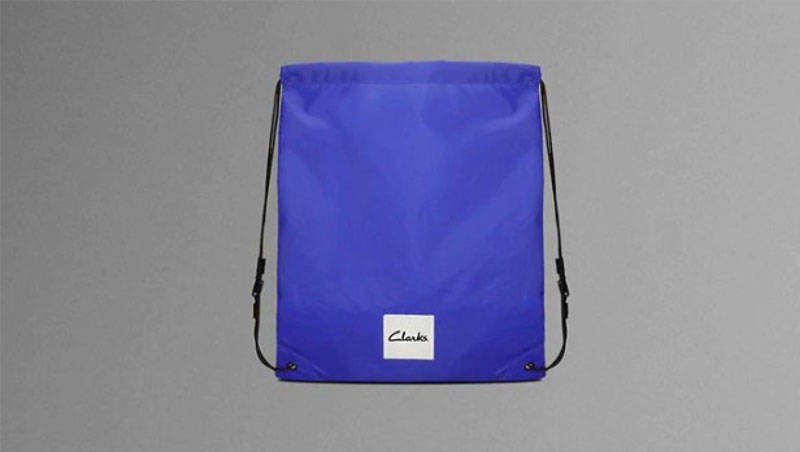
Learning a lesson about sustainability
From shoes to bags, we’ve been providing children with their school essentials for generations now, but we want to do more - we want to lighten our footprint wherever possible... Read more about sustainable school shoes
24/09/19
So, while we already test our school shoes on real kids, putting them through rigorous tests to guarantee they’re as robust and resilient as possible, we’ve also started to make them in increasingly sustainable ways. Check out just some of the facts and figures below.
36,000 plastic bottles have found a new home in our ingenious gym bags in AW19. This sees post-consumer plastic bottles shredded into flakes and melted down, before being turned into the yarn used to make the bags. 3 bottles = a brand ‘new’ bag.
All of our school shoes (excluding plimsols) use at least one recycled component in the shoe. We’re working hard to identify sustainable options for plimsols next.
Over 2 million pairs of our school shoes contain a material within the lining made from reused plastic bottles.
The toe boxes and counter materials - which give shoes their shape - of all our styles (except plimsols) contain up to 35% recycled materials, helping to reduce manufacturing waste.
As many of our styles as possible use cushioning that contains elements of recycled foam and bio-based oil.
We may be experts at making comfortable, stylish, durable school shoes, but we’ve still got a lot to learn when it comes to sustainability. We’re on the right track though. Discover what else we’re doing to lighten our impact below.
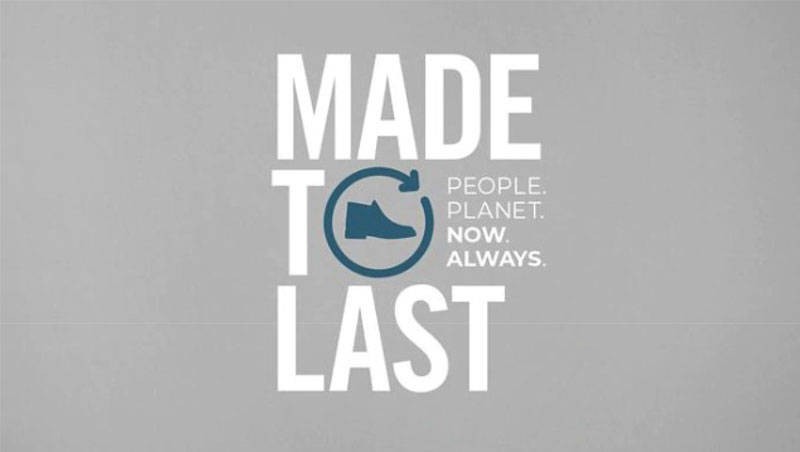
People. Planet. Policy.
Responsible business is part of our DNA. Which is why we do as much as we can to support the communities in which we live and work, as well as the planet we all call home
